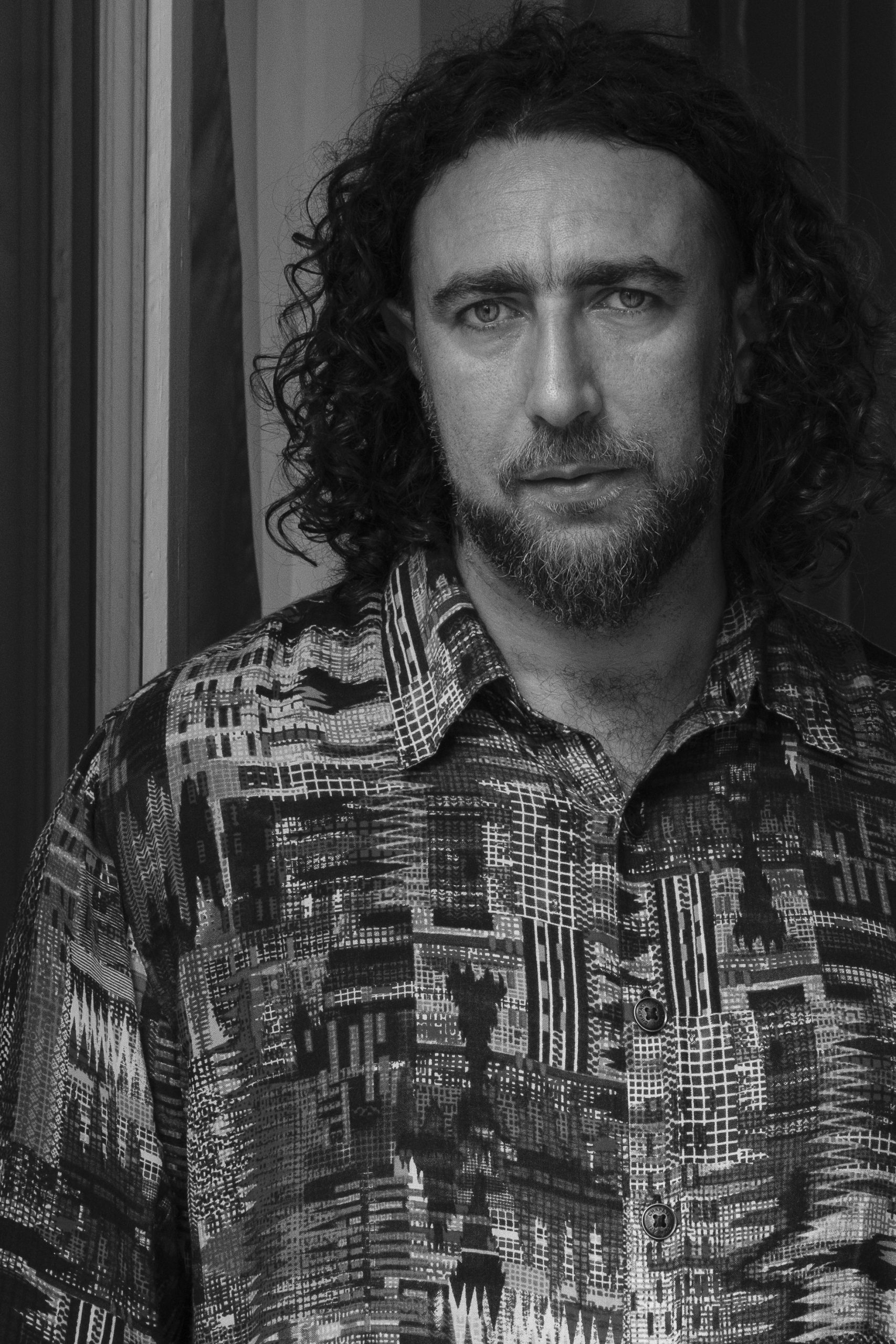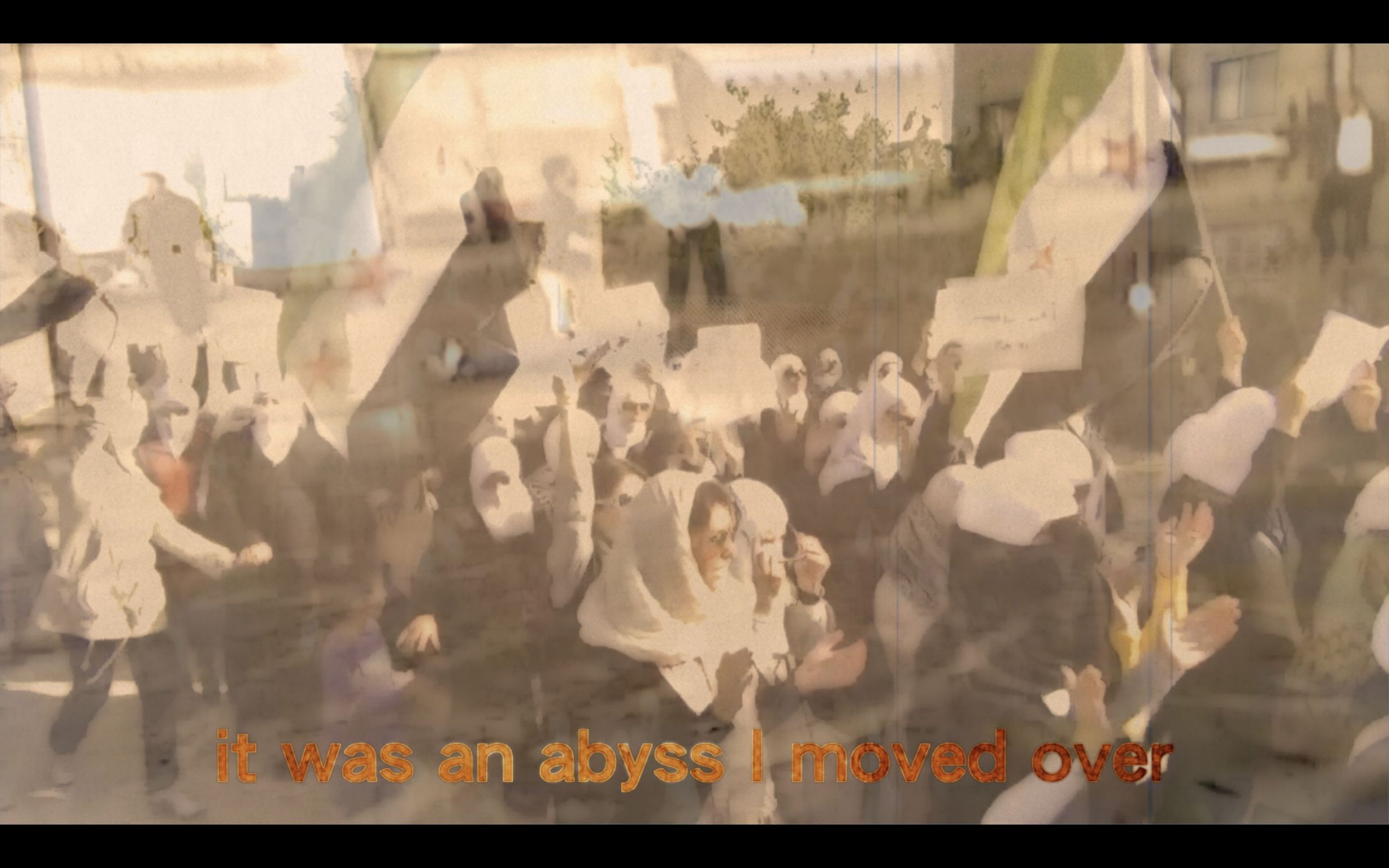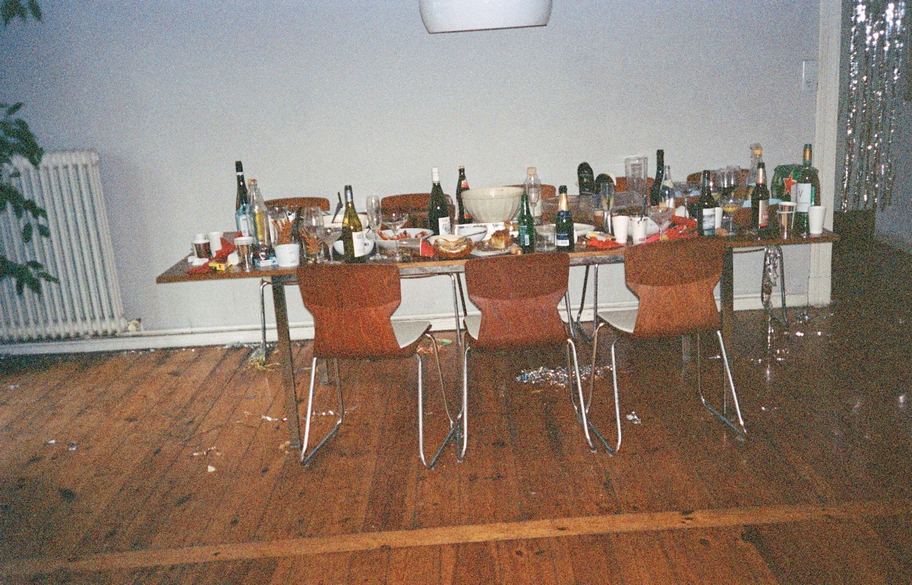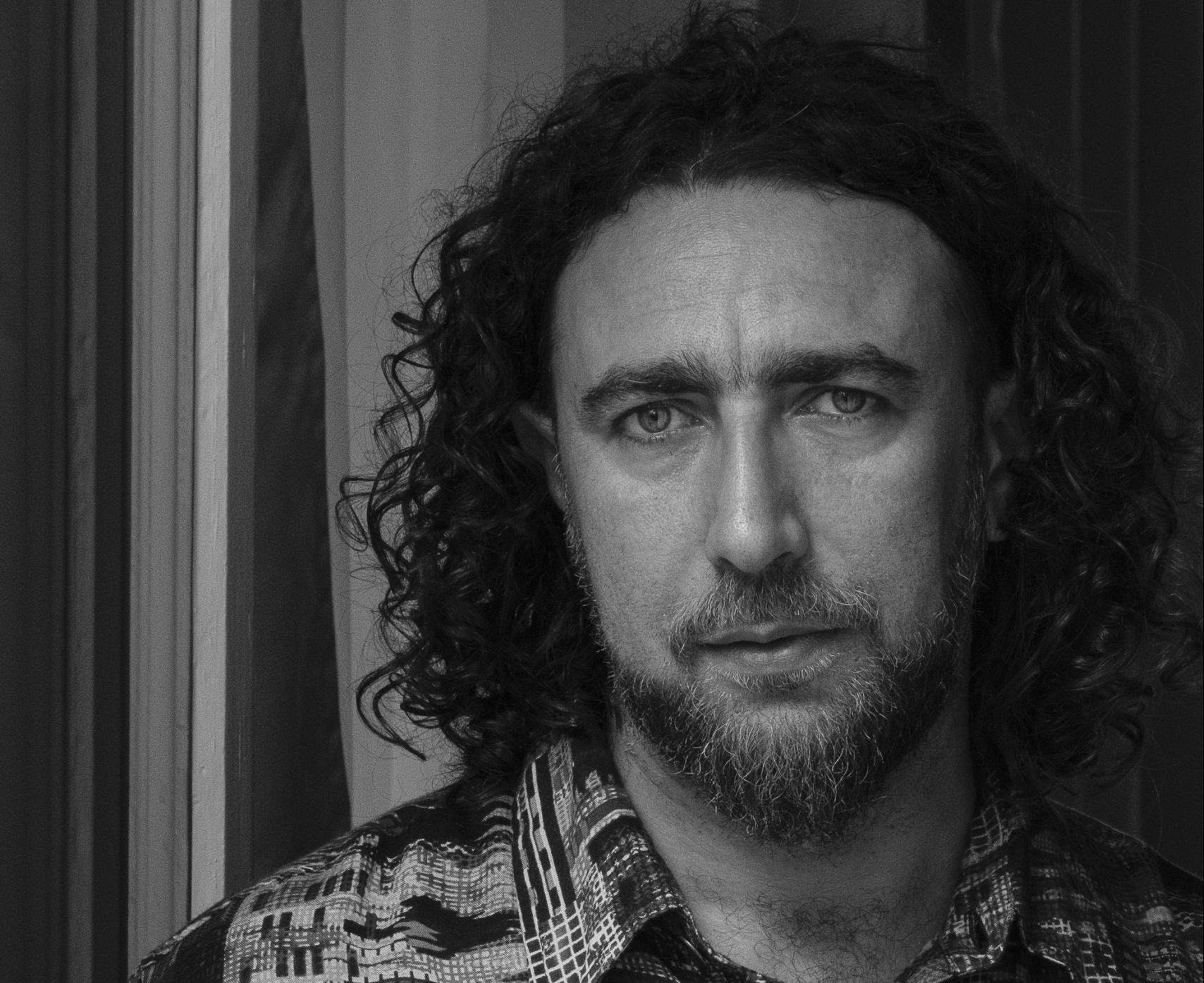Palestinian Territories / Sweden / Syria, Literature, 2019
Ghayath
Almadhoun

“I am the Palestinian-Syrian-Swedish refugee, wearing Levi’s jeans invented by a Jewish immigrant from Germany in San Francisco, filling my camera with pictures like a Russian peasant woman filling a bucket with milk from under her cow, nodding my head like someone absorbing a lesson, the lesson of war” – writes Ghayath Almadhoun in the poem Schizophrenia.
Born in the Yarmouk refugee camp in Damascus in 1979, to a family forced out of Palestine, first from Ashkelon to Gaza in the aftermath of the 1948 Nakba and again out of Gaza in 1967, Almadhoun studied Arabic literature at university and, aged twenty-five, published his first collection – Qasaed sakatat sahwan (Unintentional Poems). Two years later, with the Syrian poet Lukman Derky he co-founded The House of Poetry as a space for free expression in Damascus. In 2008 he was compelled to travel to Stockholm and seek political asylum.
In Sweden, Ghayath Almadhoun continued to write and publish poems. He began creating in Swedish as well as in Arabic, winning awards for his work. Till Damaskus (2014) came out of collaboration with the Swedish poet Marie Silkeberg, with whom Almadhoun has also made a series of Poetry Films. In them, words take priority over images – challenging the usual logic of film. He sees the medium as a new way of publishing, and of reaching those who might not otherwise read. Since 2017, Almadhoun has done several projects with the artist Jenny Holzer, who’s used selections from his verse for various installations.
“Literature has taken on a different meaning for me after the Syrian Revolution,” Almadhoun reflects. “Revolution, as I see it, is modernism against classicism, new against old, feminism against patriarchy, people against dictatorship, young poets against the patriarchal poets.”
The revolutionary, as he describes it, characterizes Almadhoun’s writing. – What’s the capital of the Democratic Republic of the Congo? – Antwerp. Turbulence imbues the shifting form, sound and rhythm of poems like The Capital. In this city that is nourished on diamonds / barbed wire grows in poets’ verses / appointments die on the calendar… But the real mutiny is in the content – rebellious and combative, questioning and yearning. let’s call things by their names / books are the graveyards of poems / houses are concrete tents / dogs are wolves that have accepted humiliation… Almadhoun seeks in every line to resist expectations, overturn assumptions or offer startling juxtapositions. Nor does he spare himself from the insurgency of words: the poem I Can’t Attend delineates the wrenching contradictions of his (in)voluntary condition. My absence is a coincidence planned with extreme care, a well-considered random act.
Poetry for Ghayath Almadhoun is a way to endure. Again and again, he wonders: “…will I survive this time? Will I be able to write something new? And, like always, I punch the world in the face and continue writing.”
Text: Priya Basil




